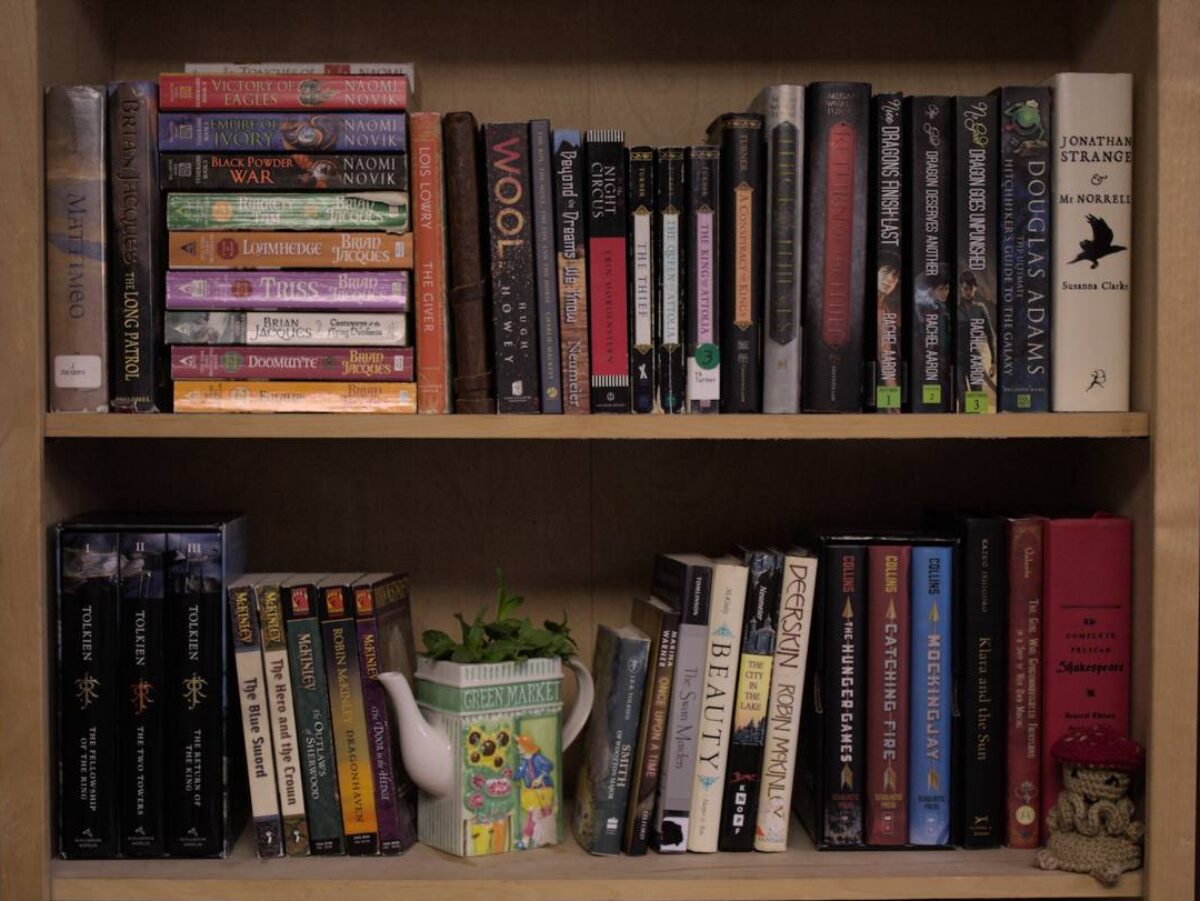The end of the world came as a relief. Like summer breaking, the first crisp wind. For long months now, Mary had despaired of ever having another day off; day after day, week after week, never enough people or time at work and they always needed her. Despite spending her days in the walking nightmare that was retail, so consuming that her own laundry piled up, emails languished, and spider-plant wilted, there was still never enough money to pay bills. Everything was always rolling faster these days, and the only way to hang on at all was to close her eyes and plunge blindly on and on into every morning.
The Monday that they announced the apocalypse on the radio, Mary did not go to work. She dug through empty ramen packaging in her cupboard, found a half-empty and very old bag of oats and an unopened box of tea from her mother.
While water heated on the stove, she shoved all the crumpled clothes and random receipts and packaging on the floor into a trash bag, dragged the bag down the stairs and left it by the apartment dumpster. She poured water into a mug, hesitated over the oatmeal and hazarded a guess at how much it needed. While tea and oatmeal steeped, she opened the curtains and stood in delighted wonder at seeing, for the first time in her three years here, the way her room lit up in gold for just a little while as the sun rose.
Her cellphone rang. Mary looked down at the number—her manager—then dropped the phone in the trash can.
The end of the world was very quiet. Newscasters went home and radios went silent. Mary did not look to see what might be happening on the internet – if, indeed, the digital world had not folded up on itself and vanished.
She had lain awake some nights, too tired to sleep, listening to the dull throb of music from the apartment below and wondered if whoever lived there ever slept themselves. Now the apartment disgorged three young men into the street under her window, men who loaded hasty armfuls of clothes and food and speakers into a beat-up car in a strange numb silence broken only by the tread of their feet on the stairs and the slam of the car door.
It wasn’t too late to hurry down and ask if they had an extra seat. Maybe they thought to find shelter somewhere. Maybe they were just going home. The sun was climbing and the streets were unusually empty. Without traffic, they might make it out of the city.
She went to the sink to rinse out her mug and fill up a cup of water for her limp spider plant, still green near the roots even though she’d forgotten it for the last month, and did not watch the car pull away from the curb. She had never had the time to make these rooms into a home, but there was nowhere else that needed her presence. No reason the little place should go empty and abandoned to the end of the world.
When she began to rummage through the cupboards and the back of her closet, her fingers itched to start organizing all the jumble of things she’d always meant to get around to. She kept digging, heedless of the passing time, until she uncovered the markers she had not known she was looking for.
Mary drank cups of dusty tea that tasted like flowers. She drew colorful, dreamy slopes across page after page of an old notebook until something in her was sated. She closed the book and sat still, feet tucked under her, silence unfurling more and more petals around her.
When the world dissolved into sunshine, it was a relief.
*This story was first published in “WayWords Issue 1: Courage” Jan 21st, 2021.
